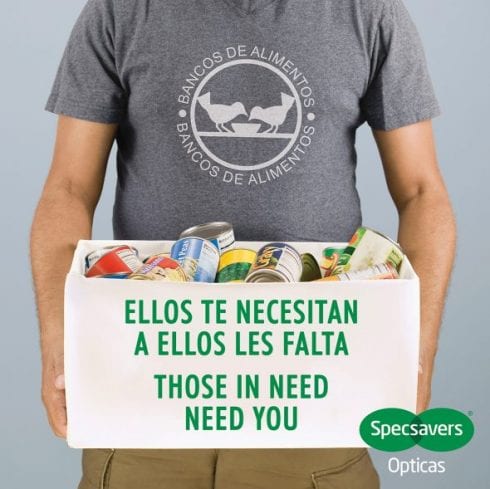SO you’ve started budgeting your money, you’re building credit and you’re spending less than you earn. Now comes the tricky part: saving for the future which, for a lot of people, can be even more daunting.
Far too many people find excuses to put this off, perhaps because it seems too far away to matter, or it feels impossible and overwhelming. However, the consequences of not paying attention to this from an early stage can be far-reaching.
READ MORE:
- Jonathan Holdaway reveals his secrets to increasing your net wealth and where to put your money in Spain
- Jonathan Holdaway recounts Harry Enfield’s shaky lesson in finance, while offering his rather better advice on a balanced investment portfolio
The earlier you start saving, the better off you’ll be later on in life. Not only that, you’ll also spend less effort trying to get there later.
Remember those sections in your budget discussed last issue called Savings and Investments? Start trying to make sure you’re adding to these as a matter of habit. If your employer uses direct deposit and your monthly salary goes directly to your bank account (which tends to be the case for most of us), you can ask for different portions of your pay to be sent to multiple accounts. You can use these to send money to a separate savings account that you don’t have a debit card for, or that’s not easy to transfer to your current account.
Note – the money you never have access to is the easiest to save.
Having money in a savings account will help you cover the little things, like your emergency fund or a new computer. But your real, long-term savings are going toward something far more important: retirement. One day you’ll want to stop working, and you’ll need a big chunk of savings to keep you going in your golden years. A modest savings account isn’t the best way to do this, and this is where more sophisticated and structured investments will come in to play.

If you can allocate a portion of savings into some fairly simple, low-risk investments, it will make money for you while you sleep. Over the course of years and decades, that can add up to an awful lot.
Long-term investments can come in part from your employer. Many companies offer pension plans that you can fund with money deducted from your pay before taxes. In some cases, employers will also match some, or all, of what you contribute which means you’re literally getting free money just for having an investment account with them.
Company pensions are by no means risk-free however, and the rapidly increasing pensions deficit in countries like the US, UK, France and Germany unfortunately means many final salary schemes are no longer available to new employees. This means more and more people are turning to private pension schemes to help fund their retirement.
Investing doesn’t have to be complicated, either – it doesn’t mean picking winning stocks or timing the market. If you’re just starting out and don’t yet have the knowledge or market understanding, you can even use an online service to do it all automatically for you. These can guide you through the process of setting up an investment plan based on your age, goals and risk preferences and will then automatically pick which companies or industries to invest in.
If you prefer a more personal touch when discussing financial priorities, then you are best consulting a professional advisor, who should be able to find the investment product that is best suited to your specific needs. But be sure to do your research carefully. Ensure the firm advising you is fully licensed and legally able to operate wherever you might be living. Holding the correct regulatory license – MiFID is best, particularly post-Brexit – not only means a company can provide truly unbiased advice and should have access to a much wider range of products and providers; but also that they will outline their fees and other charges before you part with a penny.
More importantly, by working with a properly licensed advisory firm you have the additional peace of mind that they can be held accountable for their initial advice and any ongoing services they provide.
Getting started with long-term investments will often be one of the hardest parts of your financial life because, when you’re just starting out, you don’t have much money. It is important that you re-examine your investments every time you get a raise or a new job that pays you more.
When you make more money, it will of course be tempting to upgrade your life with a new car or apartment to match your new budget. This is known as ‘Lifestyle Inflation’, and while it’s okay to move up, the smartest among us will make investment priority number one, reaching financial independence that little bit sooner.








